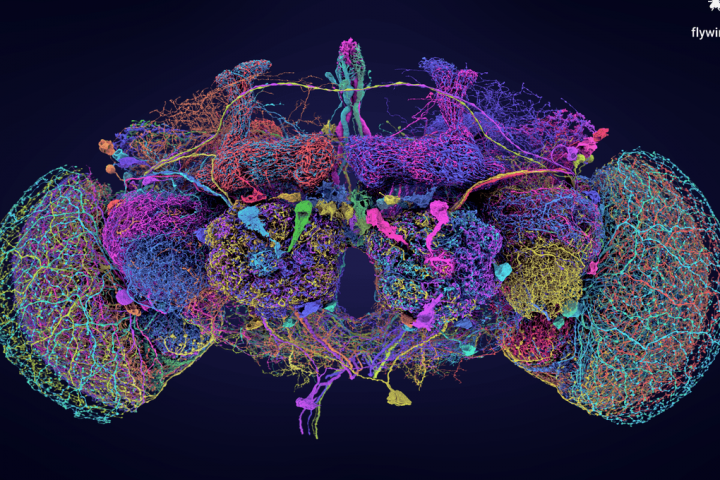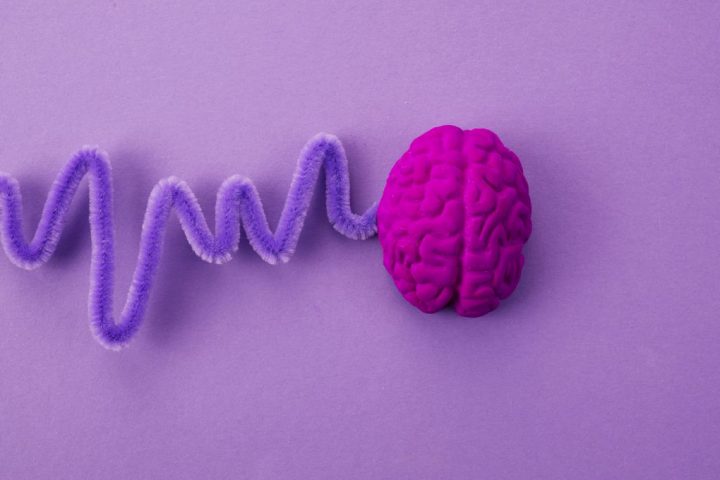The “aliens” did it?
A TikTok video currently circulating features a clip from The History Channel’s 2009 series Ancient Aliens, which delved into the possibility of extraterrestrial visits to Earth spanning millions of years. In the clip, various “experts” discuss how these celestial visitors may have influenced our genetic makeup through interbreeding or deliberate genetic engineering, resulting in a relatively rare blood type known as rhesus (Rh) negative.
This unique blood type is found in only about 15 percent of the global population, sparking curiosity among scientists and medical professionals since its discovery in the late 1930s. The mystery surrounding its origin has allowed some theorists to propose their own ideas, including the notion of external intervention.
This fascinating concept falls under the category of the “Aliens of the Gaps” argument, a variation of the “God of the Gaps” argument used by creationists. It suggests that if there is no agreed-upon explanation for a phenomenon, it can be attributed to a deity or, in this case, extraterrestrial beings.
While this claim lacks concrete evidence, it is presented as an intriguing possibility through a clever rhetorical technique. By blending the perspectives of scientists and non-experts, the discussion appears to involve equally valid viewpoints.
What is Rh-negative blood?
Karl Landsteiner and Alexander Wiener played pivotal roles in identifying the Rhesus blood type. In the early 20th century, Landsteiner made significant contributions to our understanding of blood types by discovering the ABO system. In 1937, he and Wiener turned their attention to a perplexing issue related to blood transfusions, leading them to identify a new antigen on red blood cells called the Rhesus factor (or Rh factor).
This discovery revealed that blood types can be categorized as either Rh-positive or Rh-negative, effectively doubling the number of known blood types from four to eight (A, B, AB, O).
For most individuals, whether they are Rh-negative or positive is inconsequential unless they require a blood transfusion. While some hypothesize that Rh-negative blood may impact resistance to certain parasites or even influence intelligence and sensitivity, these claims are far from universally accepted.
The Rh blood group does play a crucial role in fatal blood diseases, particularly erythroblastosis fetalis, which can occur when an Rh-negative mother gives birth to an Rh-positive child. In such cases, the mother’s antibodies attack the child’s blood, leading to complications during pregnancy.
So if not aliens, where does Rh-negative blood come from?
Currently, there is no consensus on why some individuals are Rh-positive while others are Rh-negative. However, before attributing this phenomenon to aliens, it is worth considering simpler explanations related to genetic mutations.
An example of genetic mutation can be seen in eye color. Originally, human eyes were predominantly brown, but a genetic mutation around 6,000 to 10,000 years ago resulted in the emergence of other colors such as blue, green, and hazel. Similarly, the presence of Rh-negative blood may be the result of a genetic mutation that offered some evolutionary advantage in our past.
A study published in the journal Human Genetics in 2012 aimed to determine if there was a clear benefit to being Rh-negative that would explain its presence in our genetic heritage. However, no significant advantage was found, suggesting that any potential benefits may have occurred in our evolutionary past or simply arise from random changes.
Regarding the parasite hypothesis, while the impact of Rh-negative blood on defense against toxoplasmosis remains uncertain, variations in blood types have been linked to similar benefits. For instance, carriers of sickle cell anemia, a genetic mutation affecting red blood cells, are known to be resistant to malaria.
While the origins of Rh-negative blood may be less captivating than the idea of alien intervention, it aligns more logically with scientific understanding.
This article is part of our Inconceivable series debunking unscientific stories on the Internet.
All “explainer” articles are confirmed by fact checkers to be correct at the time of publishing. Text, images, and links may be edited, removed, or added to at a later date to ensure information remains current.








